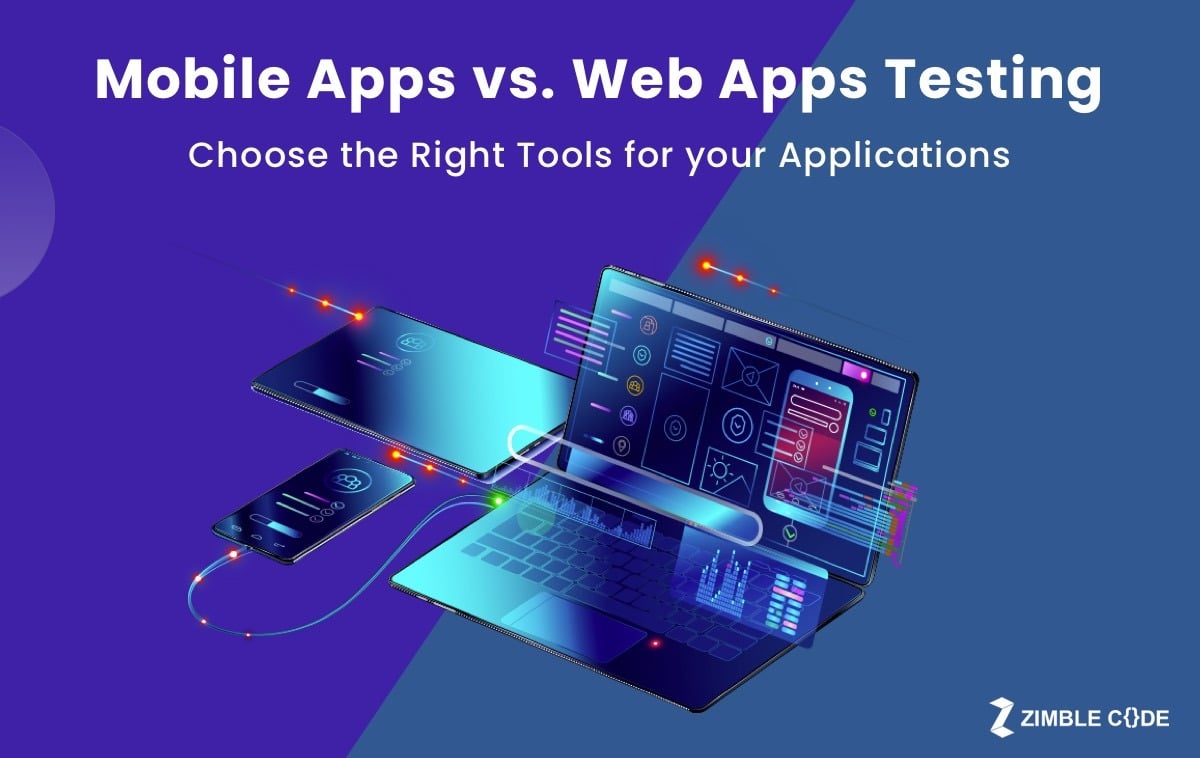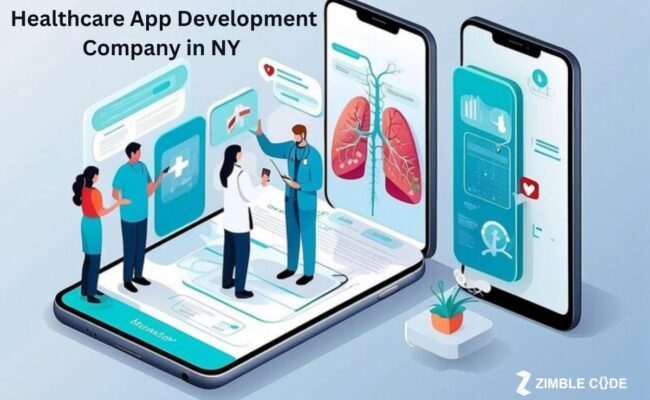Though the consumers for mobile and web applications are the same, their testing methodologies are very different.
Web application programs are commonly built with the help of HTML5, CSS, and JavaScript. These applications offer more interactivity than websites and can be accessed through a laptop or a desktop. Some of their classic examples include Webmail, Online stores, Web banking. In contrast, mobile applications aren’t as straightforward as web applications. They are built differently for both iOS and Android devices that are language and gestures based. Such applications broadly fall into three categories as Mobile Web Application, Native Application, and Hybrid Application.
The way web and mobile applications vary from each other, so are their testing methods. However, regardless of type, the ultimate aim of testing is to ensure that the apps are user-friendly and perform well under different circumstances.
As we unlock different challenges in each application testing, the following points will explain how Mobile App and Web App Testing differs:
1. User Interaction
The user interaction for web applications has been stabilized over the decades. Using Facebook to play games, all the major operations are performed either by clicking the mouse or hitting the specific keyboard buttons. While the mobile applications support graphical and touch-sensitive user interfaces offering wide options to test for. Though the options such as swiping, tapping, pulling, and shaking are not as challenging to test, functions such as move commanders, voice assistants, and other advanced innovations make the testing more complicated.
2. Internet Connection
Most web applications don’t work in offline mode, and the same rule applies to mobile applications but only to mobile web applications. Therefore, it is paramount for the QA team to test these applications under different internet speeds. Besides, it is necessary to ensure that these applications don’t crash when the data connection is off. Instead, such applications should be automatically launched once the internet connection pop-ups. As far as hybrid and native mobile applications are concerned, it becomes essential to verify if these apps work appropriately in the offline mode, how they function with 3 or 4 or 5 G internet, and how they react to interrupted Wi-Fi connections.
3. Compatibility
Both the mobile and web applications should be tested against different browsers to check their compatibility for the best user experience. Web Applications are simple and easier to examine as they run on limited devices with similar functions such as laptops and computers. In comparison, mobile applications are tested against many devices, including both Android and iOS. In fact, such testing becomes complicated with the technical attributes of each mobile device and how they impact the app’s behavior. The best mobile application testing company in New York, USA, tests these applications keeping in mind the screen sizes and other following features:
3.1. Battery Life
Battery life doesn’t pose a problem as far as desktops are concerned, as the web applications are still used while connected to the power source. Hence, web application testing doesn’t demand much attention to the battery consumption aspect. But a smartphone with a low running battery has actually become a nightmare for thousands of users. In fact, having a dead computer is not as bad as possessing a dead smartphone. A mobile application that quickly drains out the battery is the one that is deleted first. So, it is essential to conduct accurate device testing on a fully-charged and low-charged mobile device.
3.2. Capacity Constraints
The SSD and RAM storage for web and mobile is absolutely different. The mobile RAM storage can be extended to a range between 2GB to 16 GB that falls behind even that of an average desktop. This necessitates your apps to be adequately optimized for mobile use; else, they will function very slowly compared to desktops. Moreover, as there are more frequent updates for mobile applications than on the web, it is critical to pay attention to application operations and performance due to heavy load, outdated hardware, low storage, etc.
Undoubtedly, testing is essential, but selecting the right tools also plays a crucial role in better reliability and efficient testing execution. Let’s have a look at the unique tools used for testing mobile and web applications:
1. Mobile Application Testing Tools
Different tools are available for testing mobile applications based on various criteria. But the best ones to be used for automated tests for all categories of mobile applications are:
- Appium
- Espresso
- XCUITest
- Robot Framework
- UI Automator
2. Web Application Testing Tools
To ensure that the web applications will work without a glitch under high load, continuous, and growing market expectations, specific tools are used to test these applications in terms of compatibility, UI standards, and much more. These are as follows:
- Selenium
- Zephyr
- TestComplete
- TestingWhiz
- Ranorex
Conclusion
The digital landscape is rapidly evolving towards an apps-centric ecosystem. Hence, for maintaining a competitive edge, businesses need to ensure that they give equal importance to web and mobile apps testing services. So, if you’re also one of them, choose the best mobile application testing company in New York, USA, that utilizes the reliable and best tools for accurate application testing results. Therefore, the digital future of applications ought to be remarkably provided the right balance is enabled and the apps are developed further on the basis of such test results.








This article is really informative for me, thanks for information !
the very nice article was very informative and helpful. Thanks for sharing such a knowledgeful article.
really a great article that gives so much valuable knowledge.